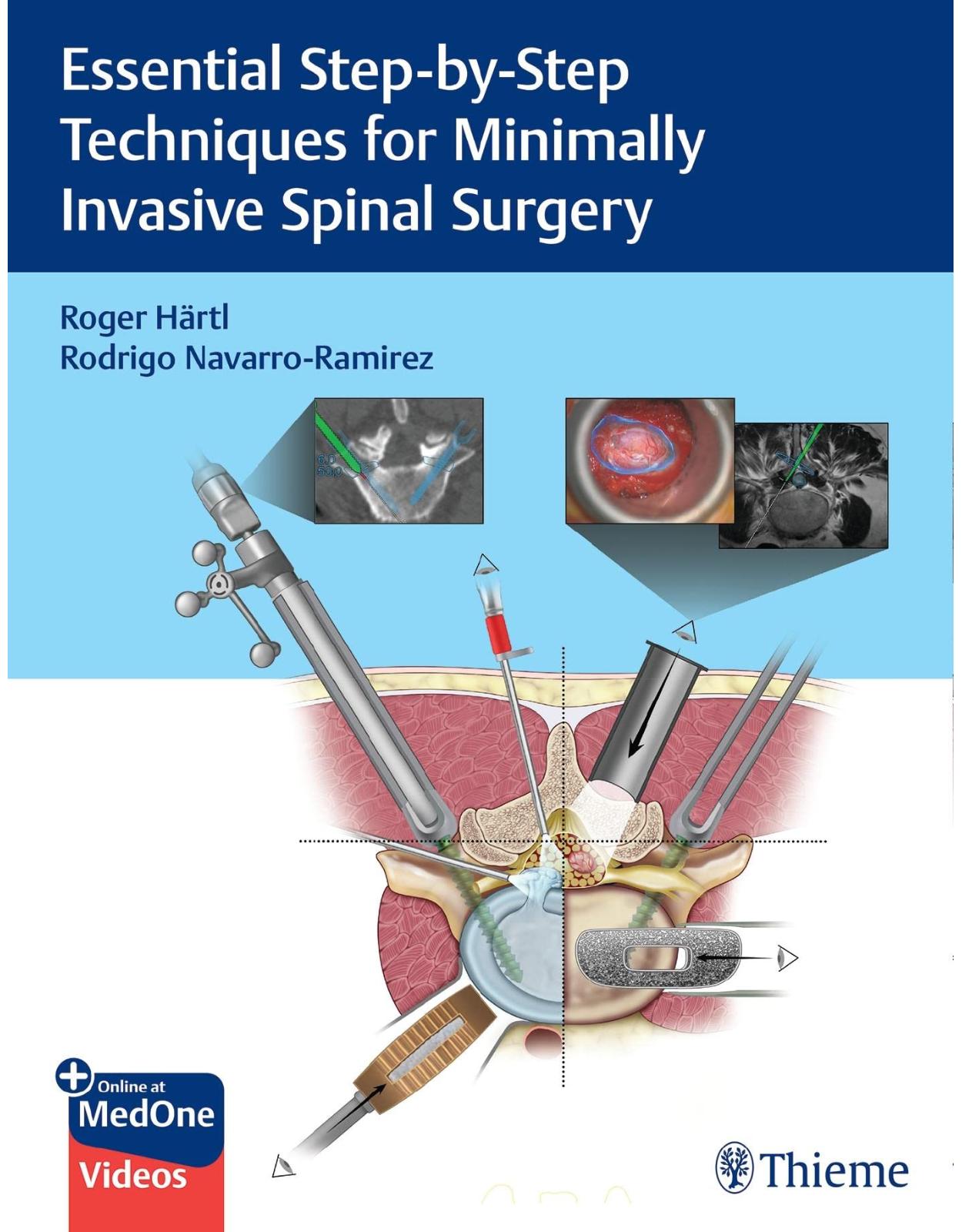
Essential Step-by-Step Techniques for Minimally Invasive Spinal Surgery
Livrare gratis la comenzi peste 500 RON. Pentru celelalte comenzi livrarea este 20 RON.
Disponibilitate: La comanda in aproximativ 4-6 saptamani
Editura: Thieme
Limba: Engleza
Nr. pagini: 468
Coperta: Hardcover
Dimensiuni: 224 x 282 x 33 mm
An aparitie: 04 May 2022
The ultimate resource for learning and mastering minimally invasive spine surgery techniques
An estimated 1.5 million instrumented spinal procedures are performed every year in the US. The majority of decompressions and about 50% of fusion procedures can be performed completely or partially using minimally invasive spine surgery (MISS) techniques. The full potential of MISS techniques has yet to be realized. Essential Step-by-Step Techniques for Minimally Invasive Spinal Surgery by internationally renowned MISS neurosurgeon Roger Härtl, spine-neurosurgeon Rodrigo Navarro-Ramirez, and an impressive group of global multidisciplinary contributors is the most comprehensive and detailed textbook written to date on this topic.
The foundation of the book is built on six interacting principles critical to surgical success, and MISS in particular: Target, Technology, Technique, Teaching and Training, Testing, and Talent. The text starts with an opening chapter on the definition of MISS and introduction of these principles. Fifty-six subsequent chapters provide a comprehensive discussion on how to utilize an MISS approach for a full spectrum of spinal pathologies using nuanced variations specific to the operating surgeon. To ensure readers are well versed in all aspects of MISS, these chapters include painstaking details on indications, contraindications, patho-anatomy, operating room set-up, step-by-step techniques, and postoperative management.
Key Highlights:
Contributions from master spine surgeons across the world provide a balanced global perspective on mastering and incorporating diverse techniques into practice Invaluable clinical pearls including tips / tricks and complication avoidance
High-quality images, figures, anatomic drawings, and imaging studies illustrate relevant anatomic approaches and corridors and delineate why anatomic mastery is critical to MISS
Twenty-seven videos enhance the ability to learn and implement MISS approaches
This is a must-have resource for practicing spine surgeons interested in MISS who wish to learn the latest techniques from master surgeons and achieve optimal patient outcomes. The text and videos also provide a robust training tool for senior-level orthopedic and neurosurgery residents and spine fellows.
This book includes complimentary access to a digital copy on https://medone.thieme.com
Table of Contents:
Part I Introduction to MISS
1. Definition of MISS: The "6 Ts": Target/Technology/Technique/Teaching and Training/Testing/Talent
2. Global MISS: Perspectives from Asia, Australia, Europe, Middle East, North America, and South America
Part II MISS Target
3. Target Philosophy in Degenerative Spinal Disorders: Correlation of Clinical Presentation, Physical Examination, and Response to Interventional Procedures
4. Deformity and MIS: Limitation or Opportunity?
5. Target: The Muscle as a Pain Generator and Key Element to Protect During MIS Surgery
Part III MISS Technology
6. Tubular and Specular Retractors in MISS
7. Navigation in MISS
8. Robotics: Background and Current Role
9. Microscope in MISS
10. Endoscope in MISS: How to Adopt and Change
Part IV MISS Techniques
11. Three Surgical Principles of MISS: Contralateral Decompression, Minimize Instability, and Indirect Decompression
12. Surgical Techniques and Instrumentation in MISS
13. Dural Repair in MISS and CSF Leak Management
14. How to Achieve a Successful Fusion with MIS Techniques
15. Surgical Tips, Tricks, and Techniques to Minimize Invasiveness; General Advice on How to Handle Fluoroscopy, Blood Loss, and Infection Rates
16. Perioperative Management; ERAS
17. Key Elements to Safely Transition from Inpatient to Outpatient Spine Surgery
18. Posterior Cervical Foraminotomy/Discectomy
19. Unilateral Tubular Over-the-Top Cervical Laminectomy for Cervical Stenosis
20. Posterior Cervical Facet Cages DTRAX
21. MIS Endoscopic Approaches For OC-C1-C2 Pathology
22. Posterior Muscle Sparing Approaches for Decompression, Laminoplasty, and Laminectomy
23. Minimally Invasive C1/C2 Fusion
24. Cervical Three-Dimensional Navigation to Facilitate Minimally Invasive Spine Surgery
25. Thoracic Vertebroplasty and Kyphoplasty
26. Thoracic Discectomy: Posterior Transpedicular Tubular Approach
27. Lateral Retropleural Thoracic Discectomy and Corpectomy
28. Mini-Open Pedicle Subtraction Osteotomy for Deformity Correction
29. Posterior Paramedian Endoscopic Thoracic Discectomy
30. Transpedicular Corpectomy and Fusion for Metastatic Tumor or Infection
31. Techniques to Decrease the Invasiveness of Thoracic Deformity Correction
32. Unilateral Lumbar Approach For Over-the-Top Bilateral Decompression
33. Far-Lateral Lumbar Discectomies
34. Percutaneous Full-Endoscopic Interlaminar Approach for Lumbar Pathologies: Disc Herniation and Lumbar Spinal Stenosis
35. Transforaminal Approach for Endoscopic Decompression
36. Endoscopic Interlaminar Lumbar Laminectomy
37. LLIF T12/L1-L2
38. LLIF L2/3/4/5
39. Translumbar Surgery Comparison: Four Surgeons and Regions
40. Minimally Invasive Oblique Anterior Lumbar Interbody Fusion
41. Maximum Access Surgery Posterior Lumbar Interbody Fusion
42. MIS-TLIF with Total Navigation and Expandable Interbody Cages
43. MIS-TLIF Comparison: Four Surgeons and Regions
44. Percutaneous Pedicle Screw Fixation and MISS SI Joint Fusion
45. Intradural Extramedullary Tumors
46. Three-Dimensional Navigation in Lumbar Spine to Facilitate Minimally Invasive Spine Surgery
47. Strategies to Minimize Invasiveness and Optimize Success: OC Fusion
48. Strategies to Minimize Invasiveness and Optimize Success: Cervical Front/Back Surgery for Deformity Correction
49. MIS Cervical Pedicle Screws-Percutaneous-Assisted Technique
50. Treatment of Degenerative Lumbar Scoliosis with Minimally Invasive Multilevel LLIF in Combination with Lateral ALIF
51. Strategies to Minimize Invasiveness and Optimize Success: T10-Pelvis
52. Lifestyle Medicine: Optimizing Recovery Following MIS of the Spine
53. Three-Dimensional Navigation in MISS
Part V Teaching and Training/Future
54. Surgical Training and Simulation in MISS
55. The Role of Biologics in Minimally Invasive Spine Surgery
56. Summary and Outlook-Future of Lumbar Minimally Invasive Surgery
57. Achieving MISS on a Global Level
| An aparitie | 04 May 2022 |
| Autor | Roger Hartl, Rodrigo Navarro-Ramirez |
| Dimensiuni | 224 x 282 x 33 mm |
| Editura | Thieme |
| Format | Hardcover |
| ISBN | 9781684200092 |
| Limba | Engleza |
| Nr pag | 468 |

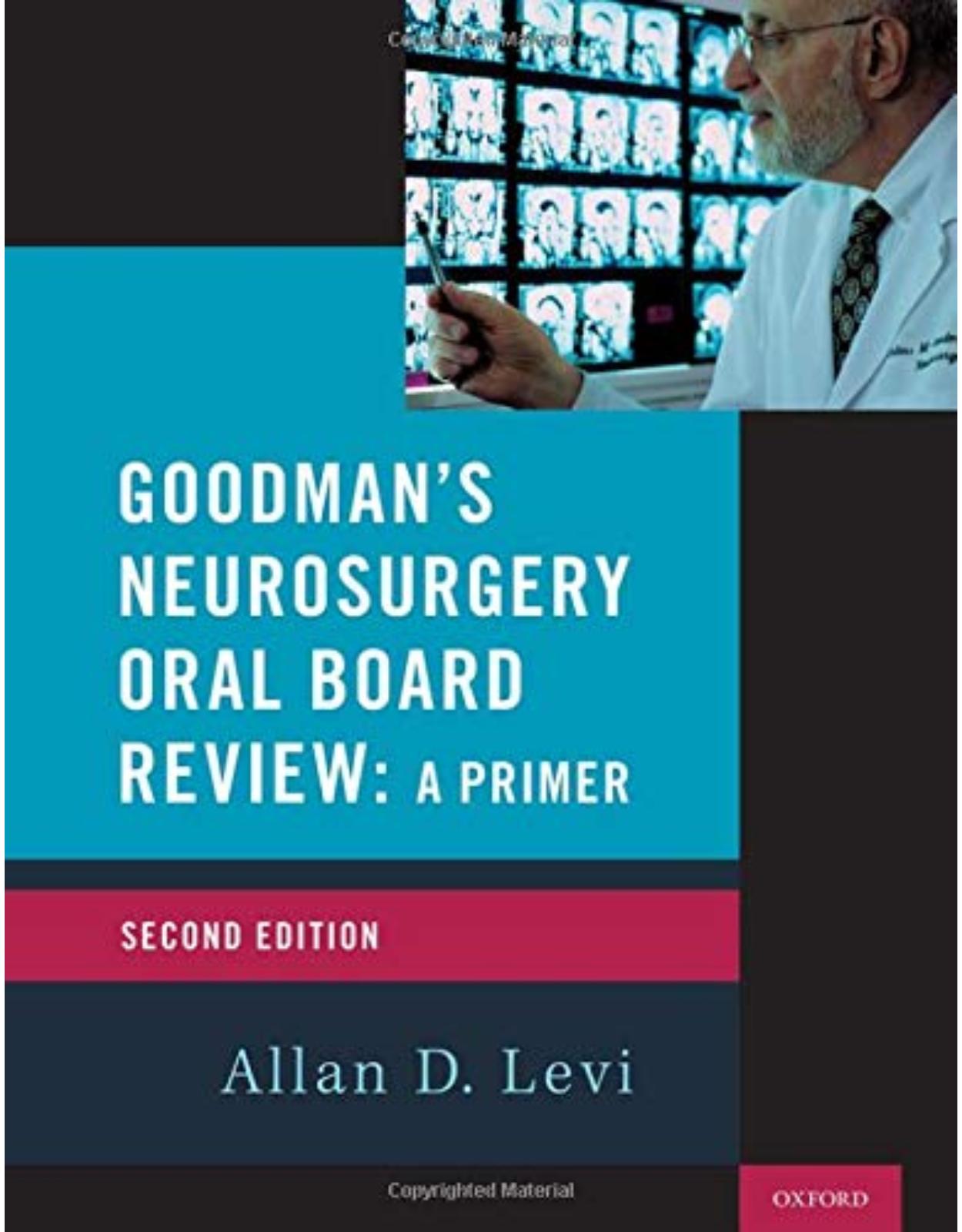
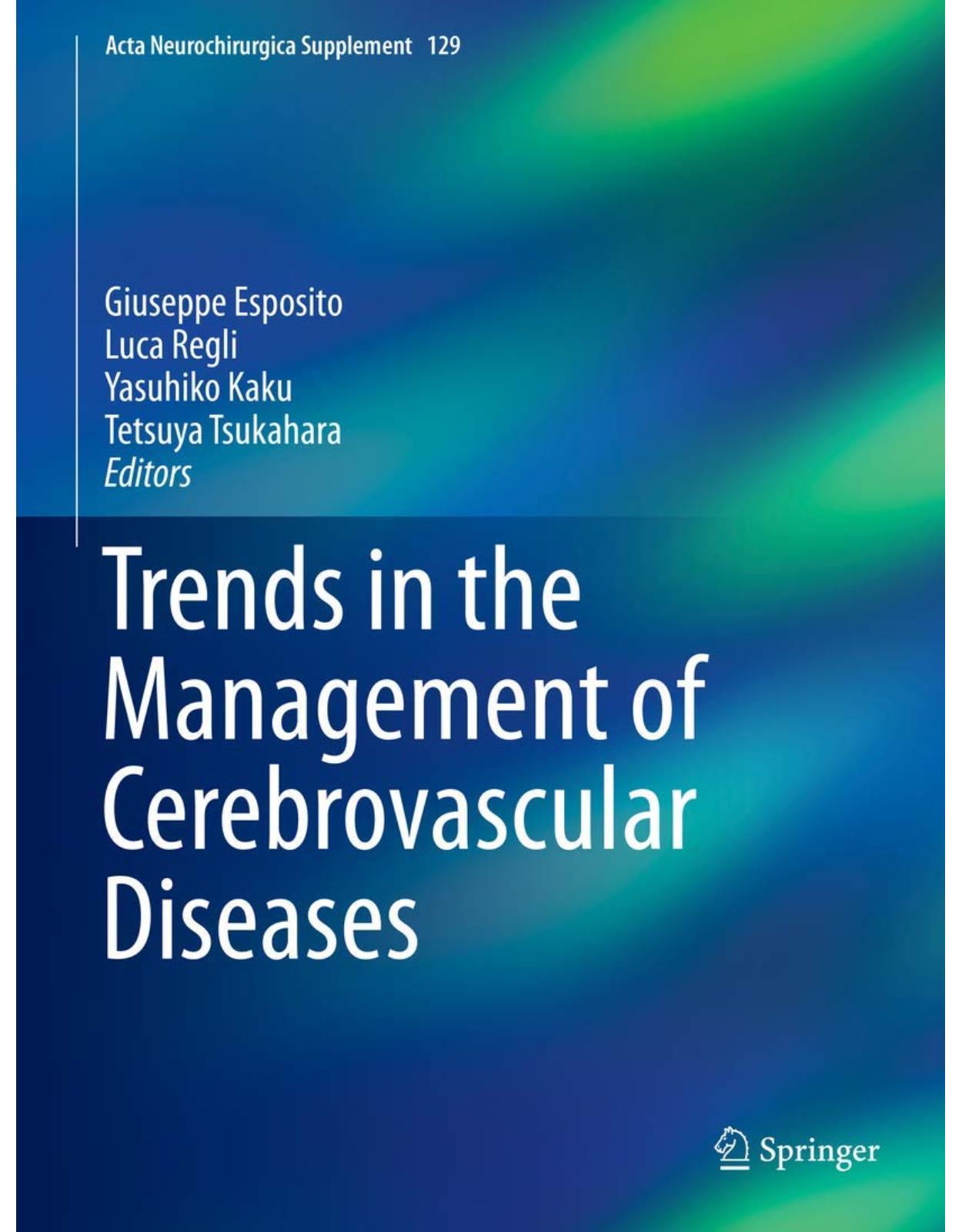
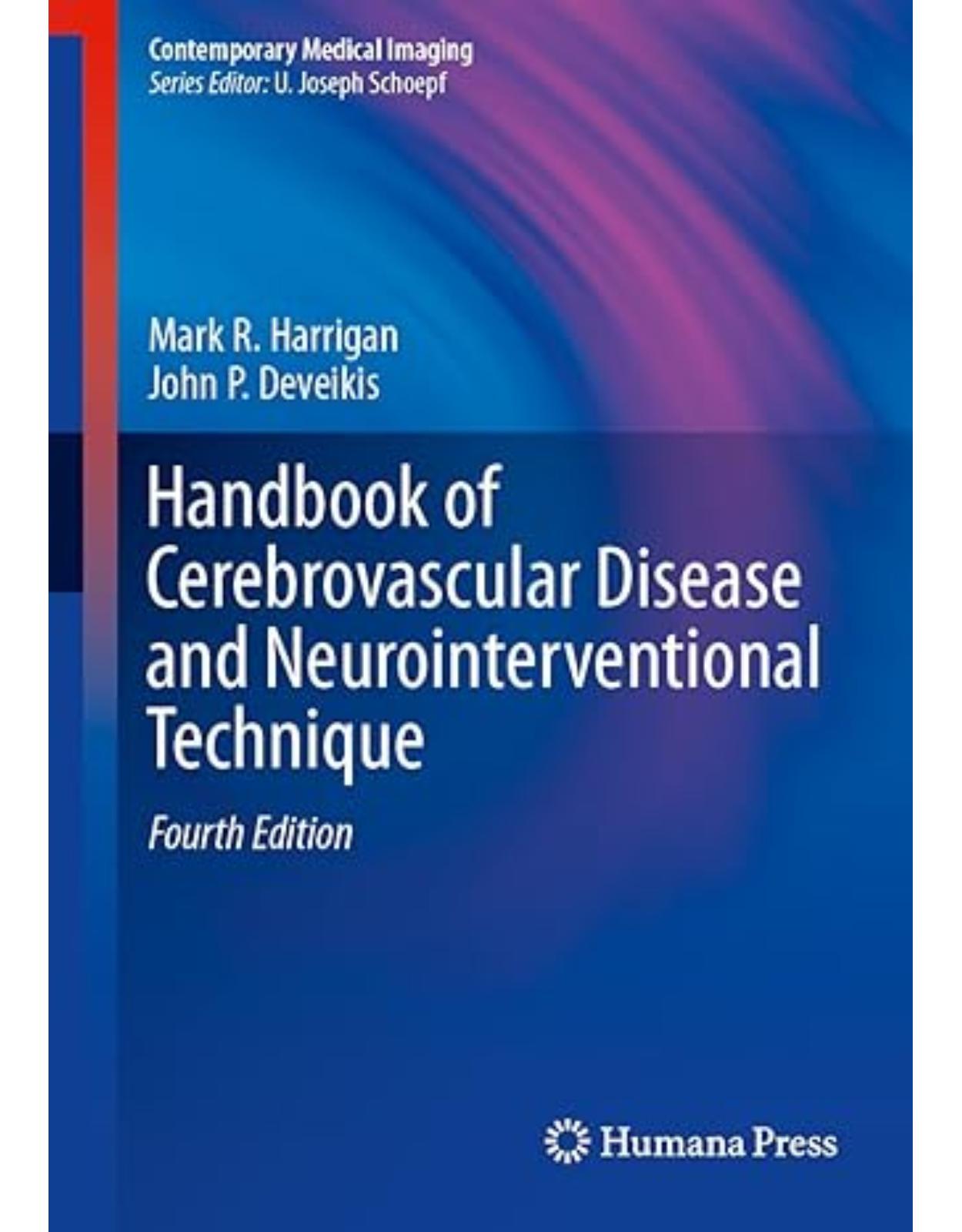
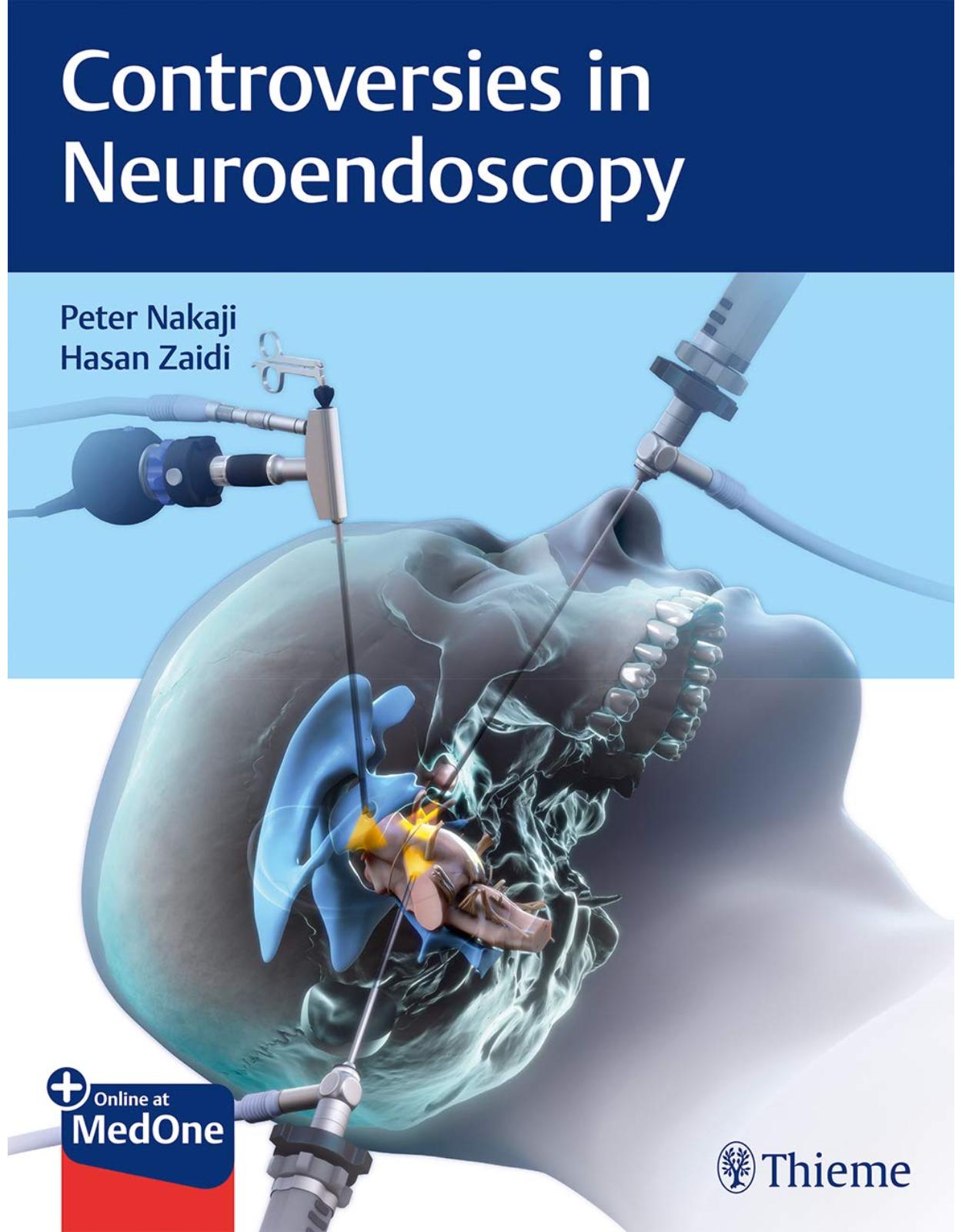
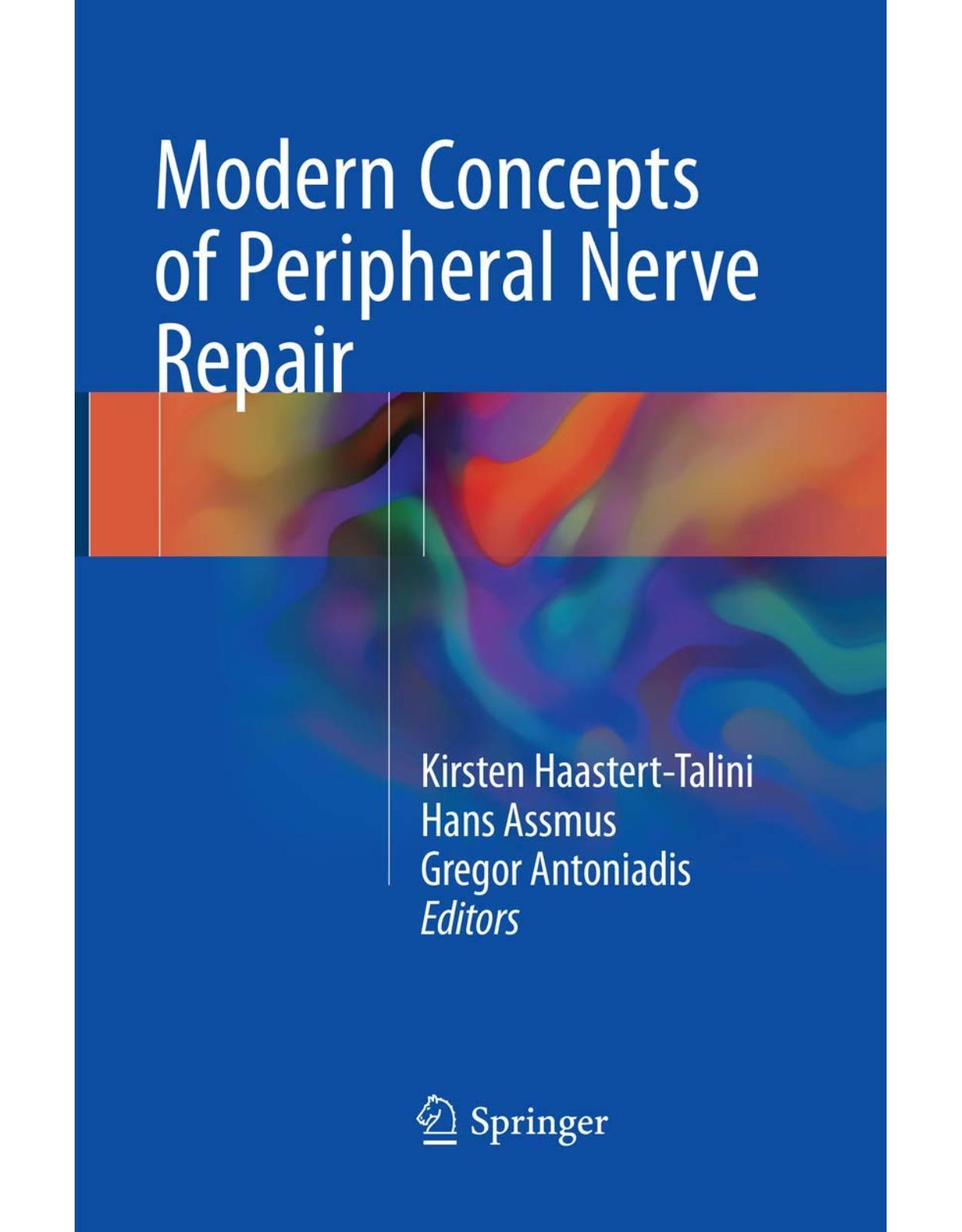
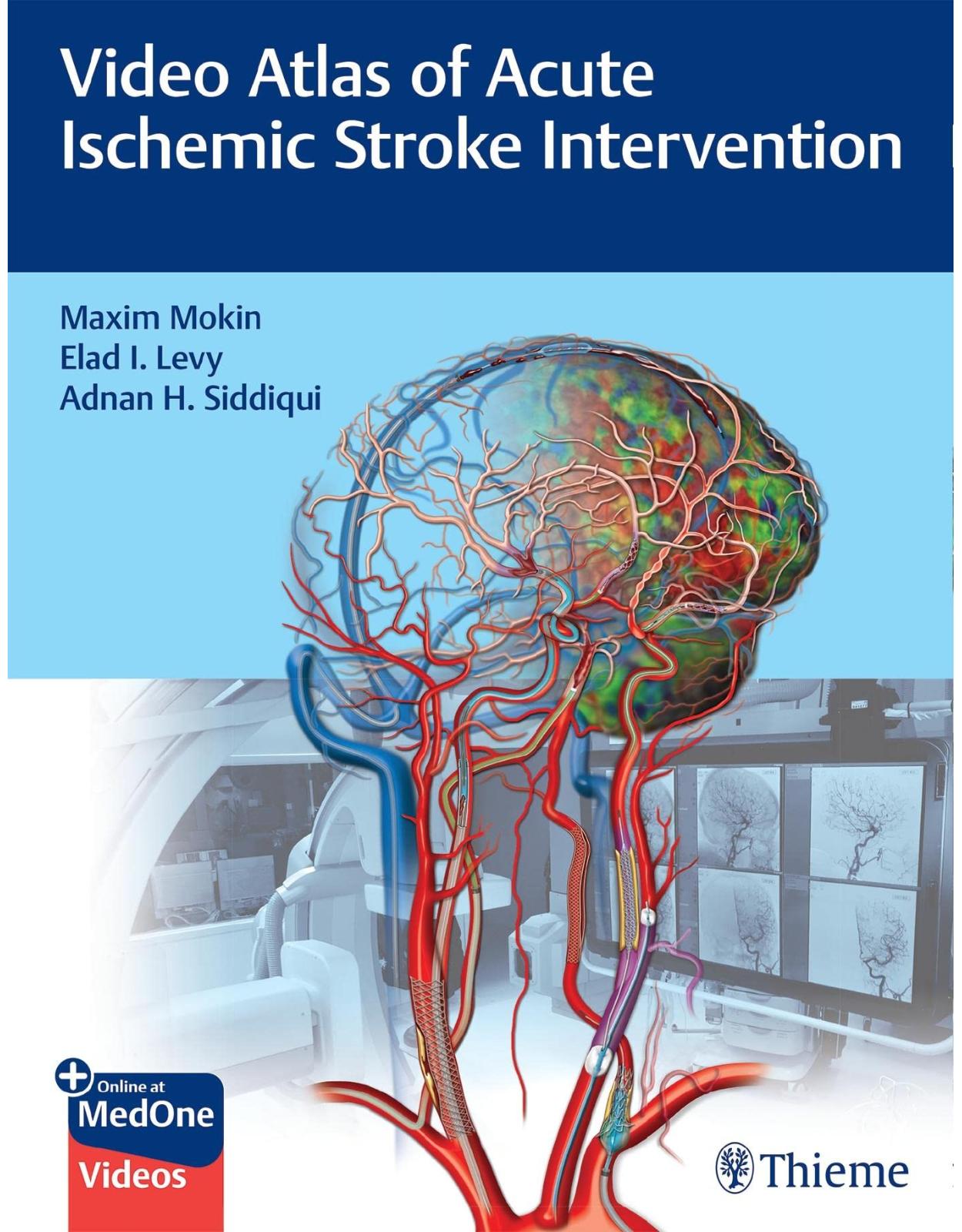
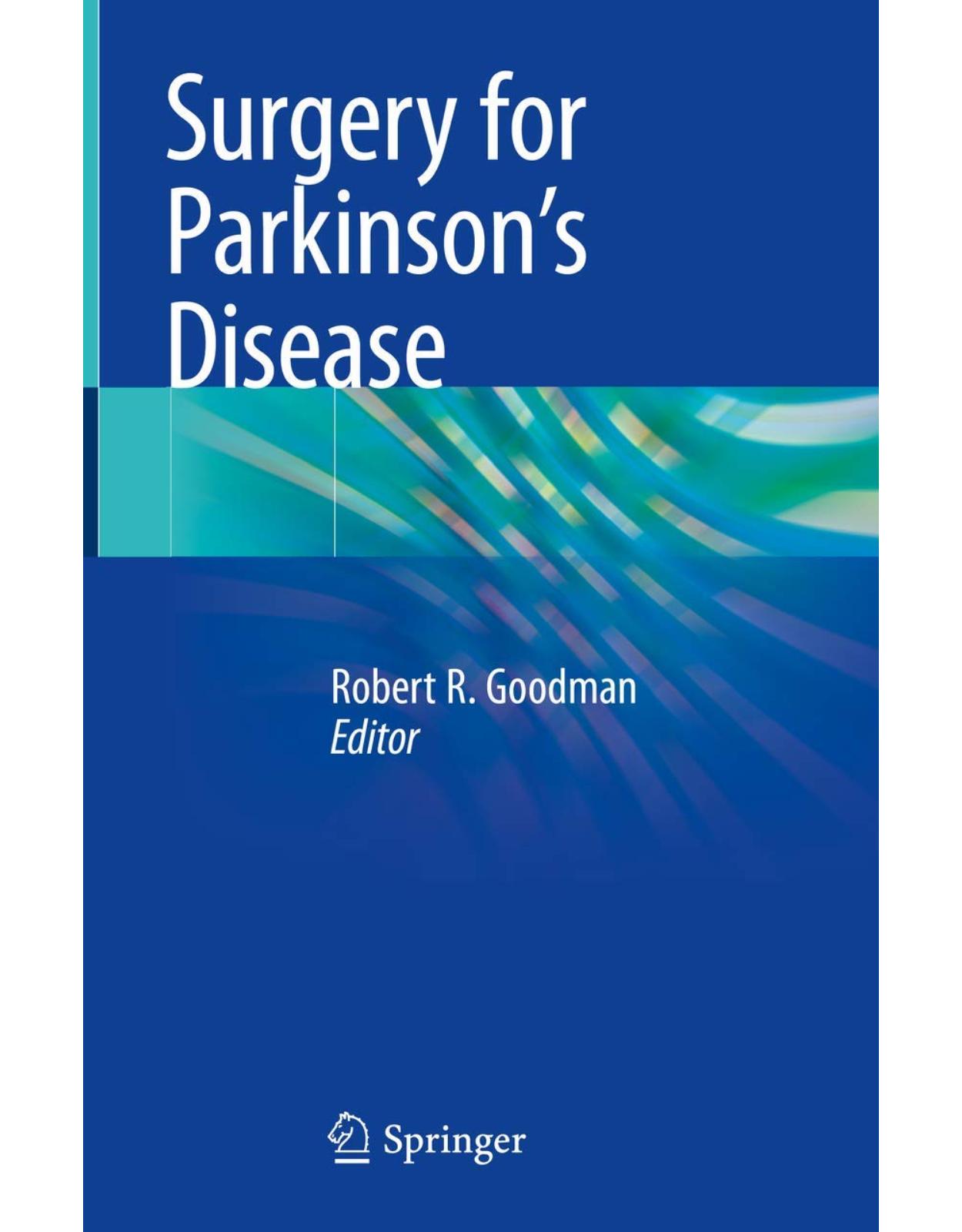
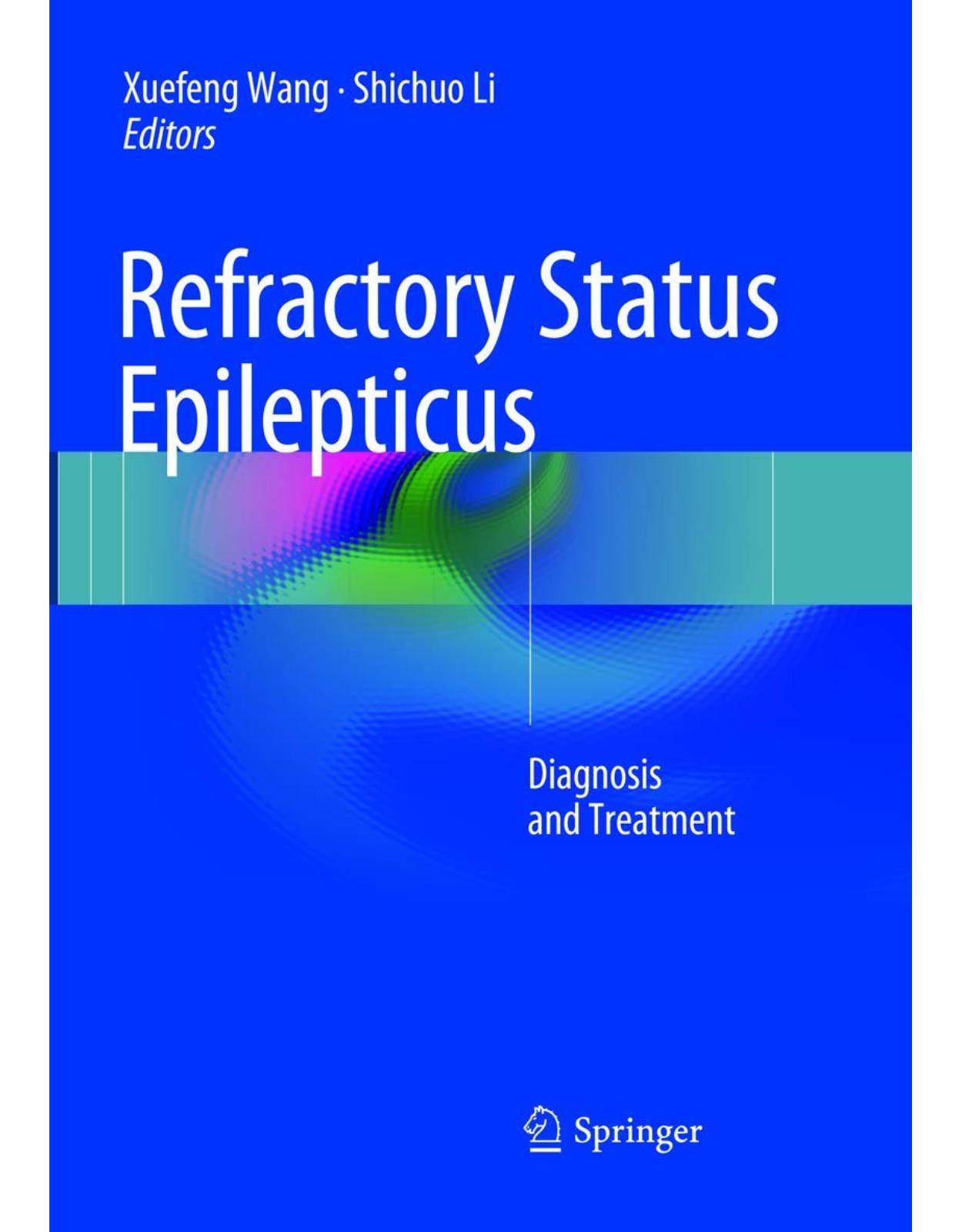

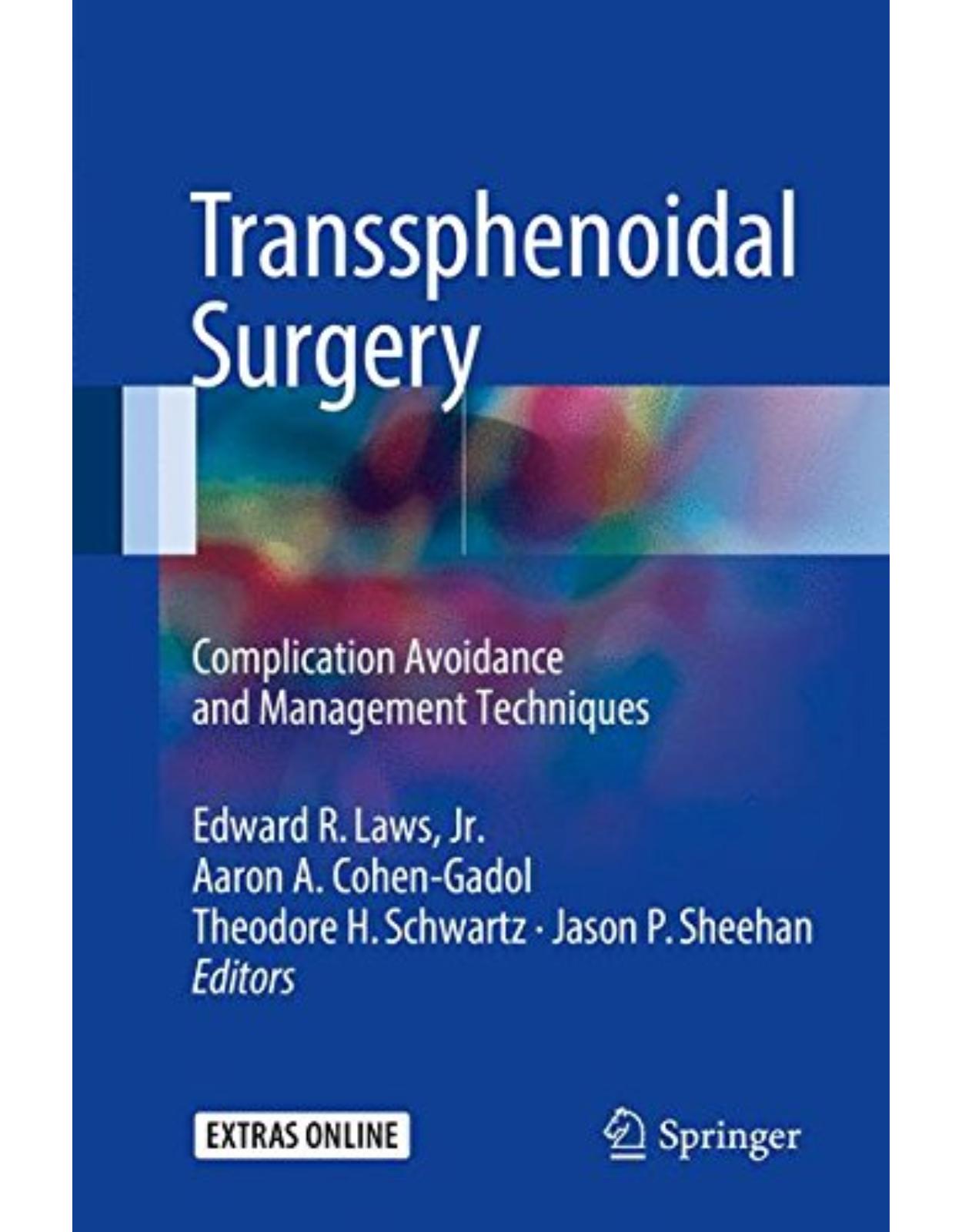
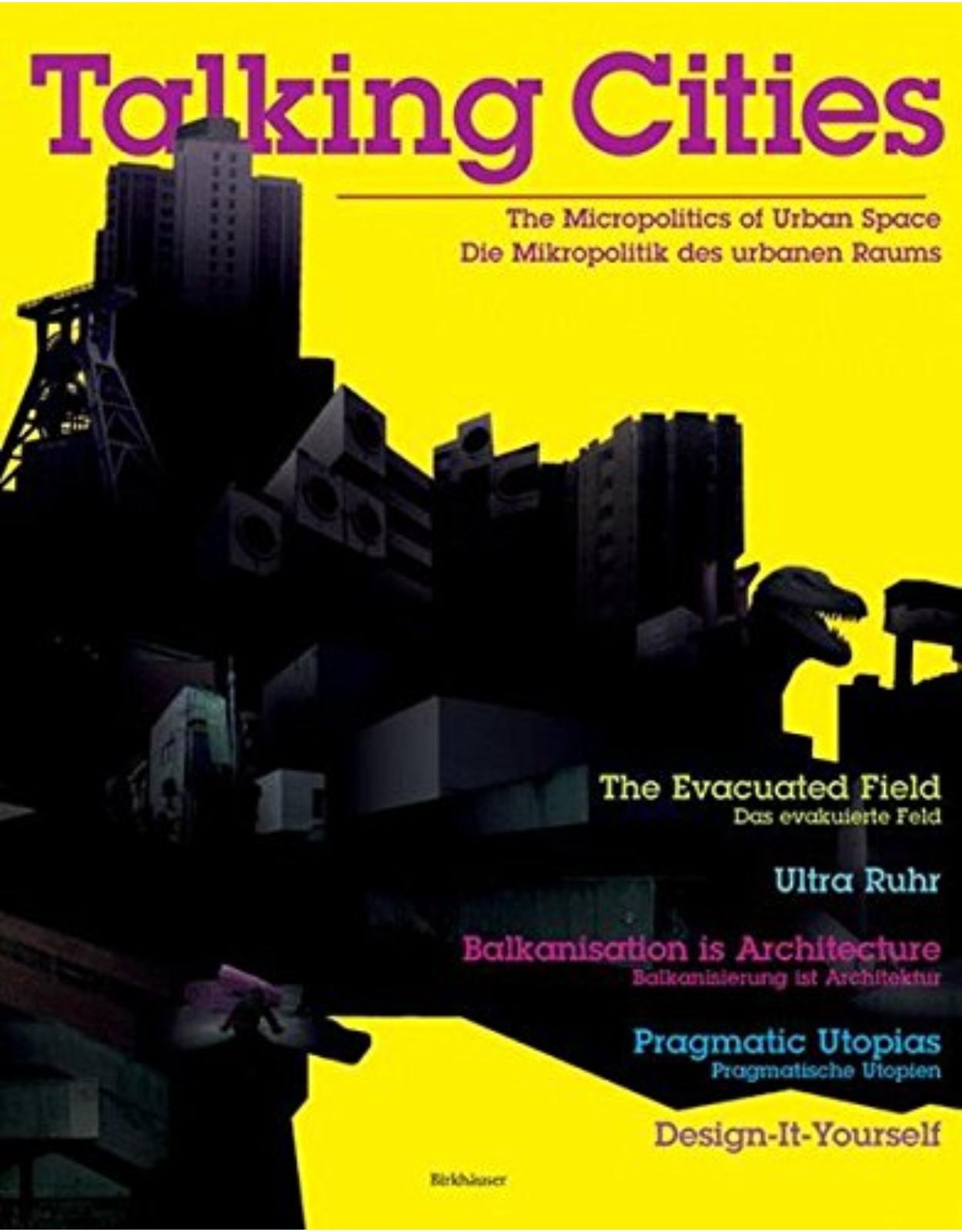

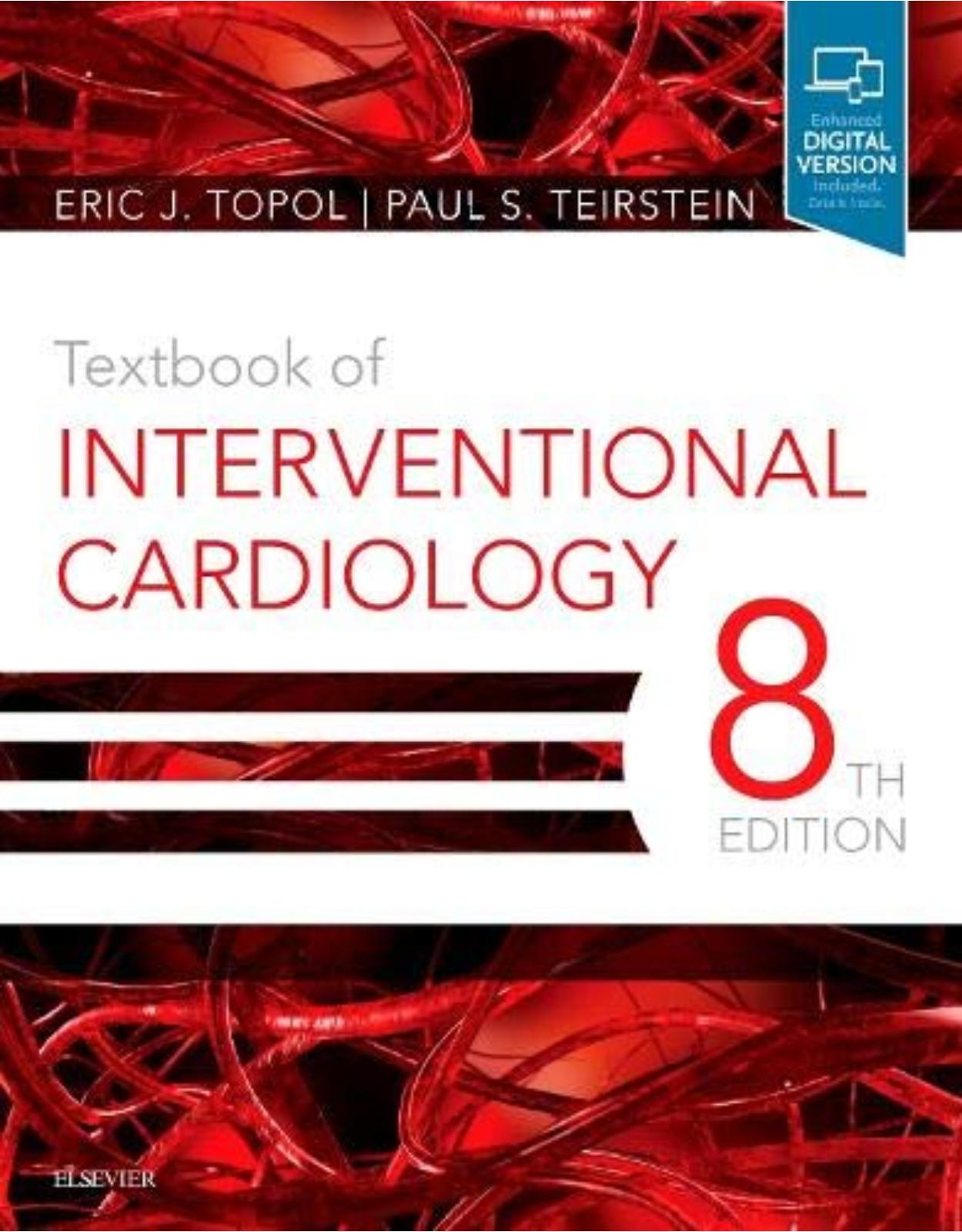

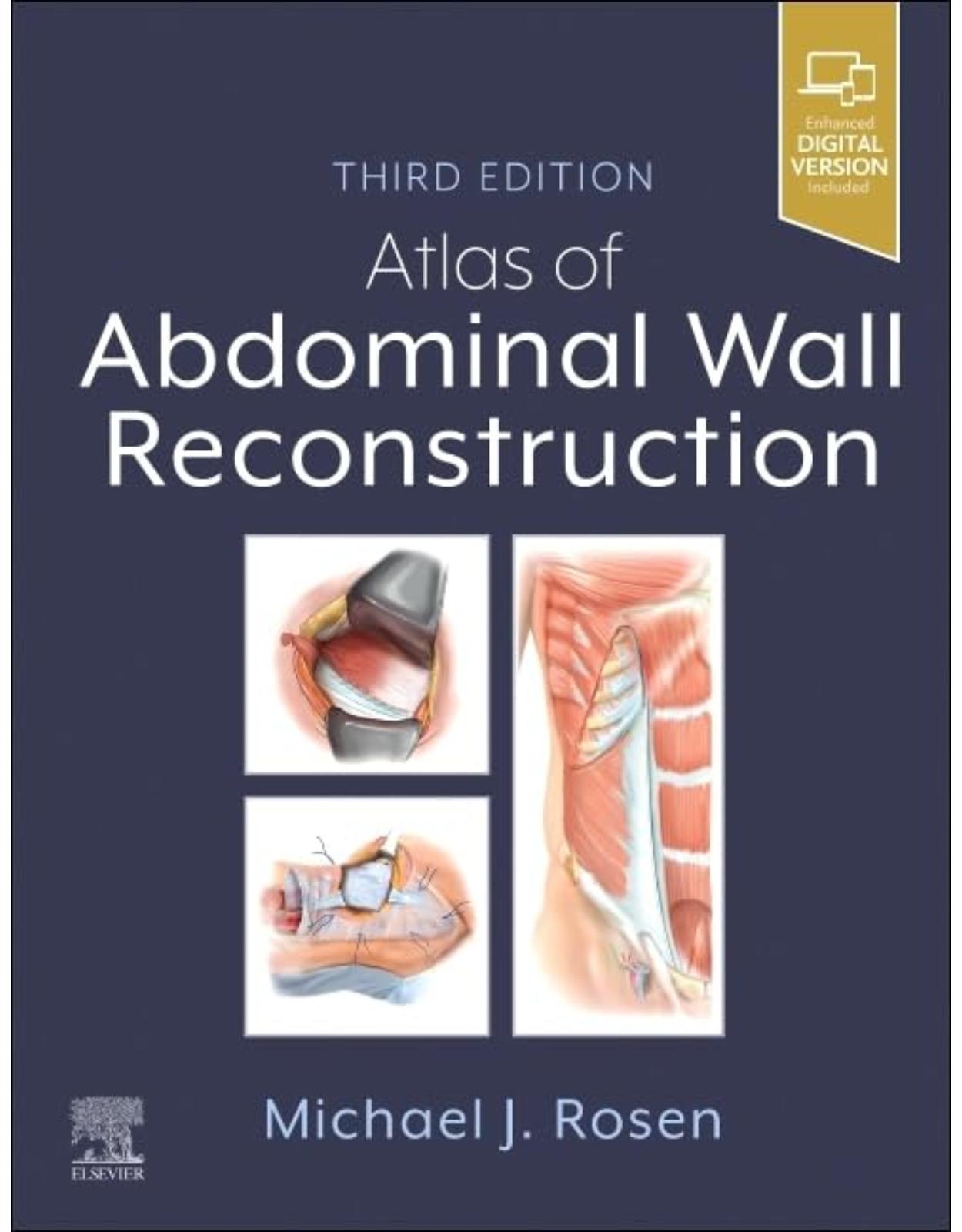


Clientii ebookshop.ro nu au adaugat inca opinii pentru acest produs. Fii primul care adauga o parere, folosind formularul de mai jos.